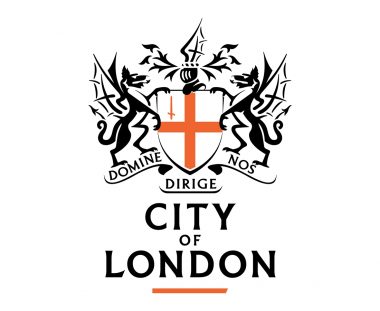Sam is visually impaired – he is registered blind. Here, he discusses 6 myths about being visually impaired and the presumptions that he has encountered, debunking them on the way.
There seem to be some misconceptions about being visually impaired, especially when someone has not yet met someone who is visually impaired. Therefore, they assume certain things which are not necessarily correct and can at times be condescending. Here is a list of six myths about my disability which are not true.
1. Being Registered Blind Means You Can’t See.
Being registered blind does not automatically mean you cannot see. When some people find out I am registered blind there is always an assumption that I cannot see at all. The reason I am registered blind is because I met certain criteria when my vision was assessed by a specialist in hospital, not that I am 100% blind.
2. Being Visually Impaired is Not Black and White.
Many people think that people can either be visually impaired, blind or fully sighted – this is not the case. Visual impairment is a spectrum where someone who has the same eye condition as me could still have different amounts of vision.
3. Not Everyone Who is Visually Impaired Owns a Cane, Guide Dog, or Dark Glasses.
Where are your cane, guide dog and dark glasses? Not everyone who is visually impaired owns a cane, guide dog or dark glasses. This is because not everyone who is visually impaired needs them. There are many people like myself who you would not know that they are visually impaired unless they actually told you. The stereotype of someone who is visually impaired having to own a cane, guide dog or dark glasses is far from the truth.
4. Don’t Assume I Need Help
Apart from driving, I can do anything without people helping me. There is no need to just come up to me and put my hand onto your arm when I am crossing the road. If I need help with something, I will ask for it but please feel free to offer.
5. Invisible Disabilities Are a Thing
There is such a thing as invisible disabilities. Just because you cannot see me in a wheelchair does not mean I don’t have a disability. Not all disabilities can be seen, so telling someone that they don’t ‘look’ disabled is not a nice thing to say.
6. Lowering Your Voice is Patronising
Finally, lowering your voice to talk to me is very patronising. When speaking to someone with a visual impairment, it is important to talk in the same way as you usually would. Lowering your voice when speaking to someone with a visual impairment is very condescending and annoying.







